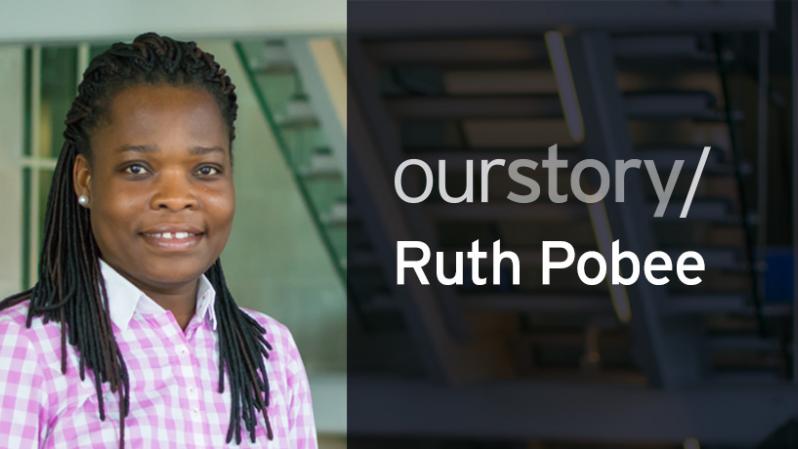-
About
ExploreUp a level (this gets replaced in JS)
-
Strategic Plan
Explore
-
College Overview
Explore
- Dean's Lecture Series
- Environmental Health Sciences
-
Diversity, Equity and Inclusion
Explore
-
Get Involved
Explore
-
People
Explore
-
Achievements
Explore
- Administrative Offices
- Discover HHD
- College News and Events
- Commencement
- Contact Us
-
Strategic Plan
-
Undergraduate
ExploreUp a level (this gets replaced in JS)
-
Getting Started
Explore
-
Student Support
Explore
-
Get Involved
Explore
-
Gain Experience
Explore
-
Careers
Explore
-
Get Connected
Explore
-
Policies and Procedures
Explore
- Summer Session
- Discover HHD
- Visit and Apply
- New Student Orientation Program (NSO)
- Undergraduate News
- Commencement
- Contact Us
-
Getting Started
-
Graduate
ExploreUp a level (this gets replaced in JS)
-
Getting Started
Explore
-
Student Support
Explore
-
Student Profiles
Explore
-
Get Involved
Explore
-
Get Connected
Explore
-
Gain Experience
Explore
- Environmental Health Sciences
-
Diversity, Equity and Inclusion
Explore
-
Commencement
Explore
- Discover HHD
- Admissions
- Contact
-
Getting Started
-
Online & Outreach
ExploreUp a level (this gets replaced in JS)
-
Online Degrees and Programs
Explore
-
Outreach Programs
Explore
-
Short-term Courses
Explore
-
Teaching Support
Explore
- Contact Us
-
Online Degrees and Programs
-
Research
ExploreUp a level (this gets replaced in JS)
-
COVID-19 Response
Explore
-
Researcher Resources
Explore
-
Ongoing Research
Explore
-
Research Units
Explore
-
Diversity, Equity and Inclusion
Explore
- Environmental Health Sciences
-
Get Involved
Explore
-
Stay Connected
Explore
- Discover HHD Research
- Research News and Events
- Contacts
-
COVID-19 Response
-
Alumni
ExploreUp a level (this gets replaced in JS)
-
Become a Member
Explore
-
Resources for Alumni
Explore
-
Building Diversity and Inclusion
Explore
-
Get Involved
Explore
-
Meet Our Volunteer Leaders
Explore
-
Stay Connected
Explore
-
Alumni Achievements
Explore
-
Parents and Family
Explore
-
Donate
Explore
- Alumni News
- Attend an Alumni Event
- Give to HHD
- Update Your Contact Information
- Contact Us
-
Become a Member
-
Contact
Explore
-
Departments
Explore
-
Research Centers
Explore
-
Central Administration
Explore
-
Training and Support
Explore
- Contacts/Directory
Our Story/Ruth Pobee

April 2018
Ruth Pobee, a doctoral student in the Department of Nutritional Sciences, wants to better understand, and one day better treat, depression and nutrient deficiencies among pregnant women in underserved communities.
Awareness and treatment of depression after a woman gives birth is an area that is getting more attention in the United States; however, mental health during a woman’s pregnancy isn’t always taken into consideration, especially in places with poor health care and minimal medical resources, Pobee said.
But she wants to change that, making sure pregnant women have proper mental health care.
Specifically, Pobee is interested in iron and its potential roles in depression. For her dissertation, Pobee is working in Associate Professor Laura Murray-Kolb’s lab in the Department of Nutritional Sciences, studying iron status and psychosocial wellbeing in Ghanaian women during pregnancy.
The interest in the topic hits close to home for Pobee, who is from Ghana.
There is a high prevalence of anemia – a condition marked by a deficiency of red blood cells – in the central region of Ghana. Women who are pregnant are a greater risk of iron deficiency, which often results in anemia, she said.
“The aim of my research is to understand the relation between iron status and psychosocial wellbeing among women during pregnancy,” Pobee said. “Iron deficiency remains the most prominent micronutrient deficiency worldwide and is especially prevalent during pregnancy. Studies from our research group and others have documented an association between iron status and affective variables such as depression, anxiety, and quality of life.”
Little is known about this relation during pregnancy, Pobee said, and no studies have specifically examined this in pregnant Ghanaian women.
“This study has the potential to provide data that could greatly improve the health of women and their offspring worldwide,” Pobee said.
For her research, Pobee spent three months in Ghana in 2017, and one month in February 2018. She will need to return one more time to ensure that data collection for the study finishes well.
She is working to enroll 200 women in their first trimester, and follow them into their second, and third trimesters of pregnancy.
After graduation, Pobee said her research and experience at Penn State hopefully will position her to help solve health-related problems among women and girls on a community level.
She also wants to establish a research and education center to connect Penn State resources to communities in Ghana, and hopefully inspire other Penn State students to study there.
“I have gained valuable knowledge, skills and experience here so far,” she said. “I would welcome the opportunity to connect with other parts of the world and collaborate on tackling these health issues.”
